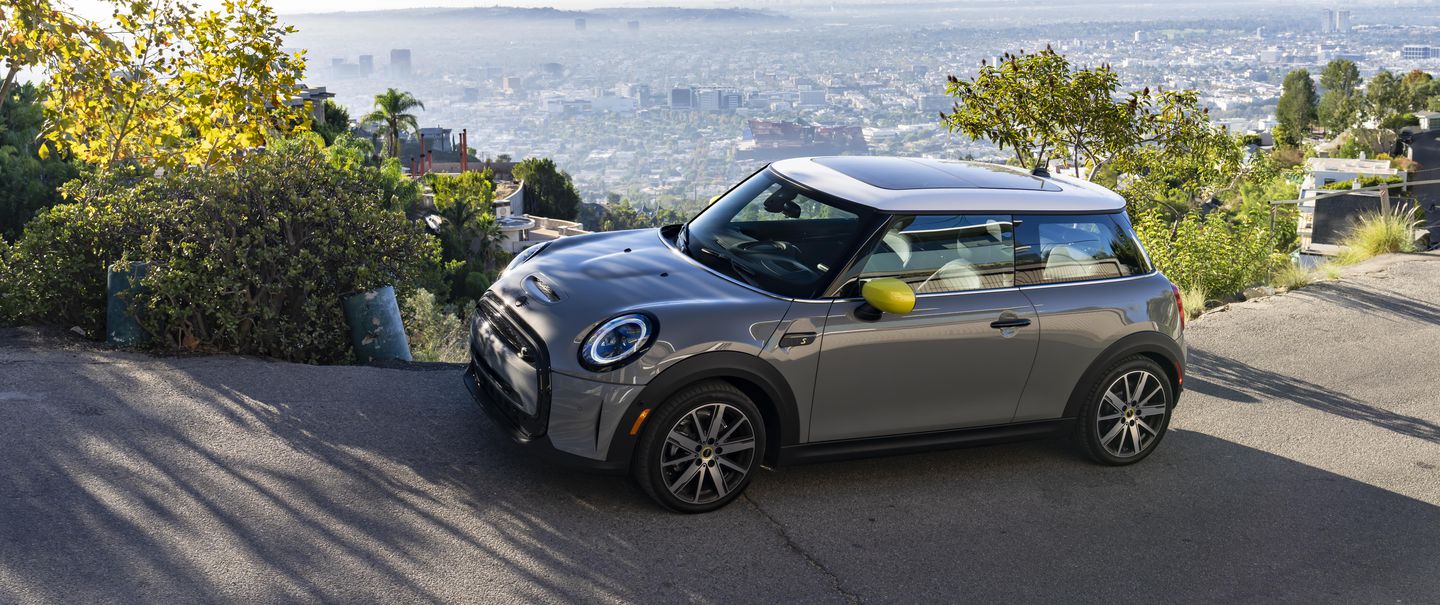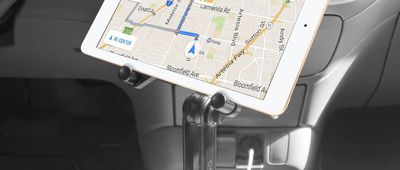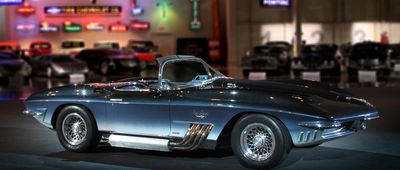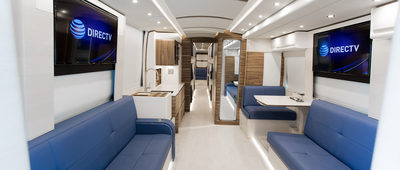Buying an electric vehicle is easier than ever but still demands tradeoffs for drivers. Short of buying a Tesla and putting money in the pocket of Elon Musk, a pioneer who has nonetheless chosen to live as the embodiment of a poop emoji, there’s probably no more conflicting choice of car than the Mini Cooper EV.
It’s fun to drive, it’s eye-catching, it comes with heated seats and steering wheel standard. But you might be crazy to buy one, because it’s stuck at a maximum range of 114 miles in a world where EVs more typically go 250 miles without a charge.
“It is definitely one of the shortest-range EVs on the market,” said Will Kaufman, a senior writer at Edmunds. “And range is one of the big concerns among EV buyers. There’s a lot of anxiety about ‘Am I going to have enough charge? Is this sufficient for what I need?’ Particularly if it's somebody's only car.”
Mini Cooper EV prices start at $34,225 for that promised 114-mile range, though Edmunds tested a vehicle that went 150. The Hyundai Kona Electric, meanwhile, has a $33,550 starting price and a 258-mile range; the Chevrolet Bolt EV is only $25,600 and delivers a 259-mile range.
Gallery: Car Brands You’ve Never Heard Of
There is competition for buyers interested in spending a lot not to go far: The Mazda MX-30 costs $33,470 with a range of only 100 miles, and the Nissan Leaf is a relative bargain at $28,040 and a 149-mile range. “I don't think they're selling very many of these Mini Coopers at all,” while Mazda’s “not selling a ton” of the MX-30s, and Nissan is more focused on moving its extended-range Leaf SV Plus, Kaufman said. So why do they bother? “Some of it is just a need to establish that they’re competing in the space. You need to have a stake in the game.”
@greeneyedmotors 2022 Mini Hardtop 2 door SE ALL ELECTRIC! #ev #evmini #minicooper #hardtop #evforsale #new #used #preowned ♬ Love You So - The King Khan & BBQ Show
Being part of the BMW family when BMW has its own electric cars complicates the picture for Mini, and there are also hybrids to compete with from many makers. Though a 2024 upgrade to the Mini may add range up to 185 miles, “this hardtop generation was introduced in 2014. So we're coming up on 10 years with this platform, and we’re due for a redesign,” Kaufman said. “Relatively soon we should see something from them about a new generation, but whether that's going to have a longer-range option is a whole other question. It's a small vehicle. Adding the weight of a larger battery pack comes with a lot of penalties.”
Buyers will sooner or later encounter another problem: As EVs just get better, a short-range Mini might not be worth much on the resale market or even as a trade-in.
Who is the Mini Cooper EV for, then?
“This is a vehicle that's going to be used by somebody who just needs to get around an urban area where there's likely a lot of access to charging. It's enough EV range to cover the average commute,” Kaufman said. “This is a valid option for a city commuter who can charge it up every day.”
And for those city commuters who also like taking road trips? They might want to rent a car that weekend, Kaufman said.








